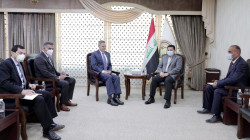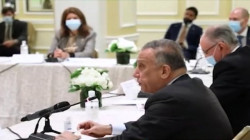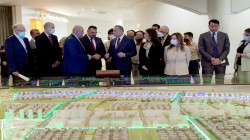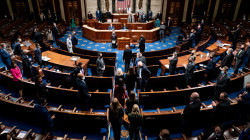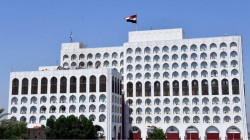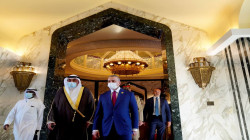Iraq: No Justice for Protester Deaths
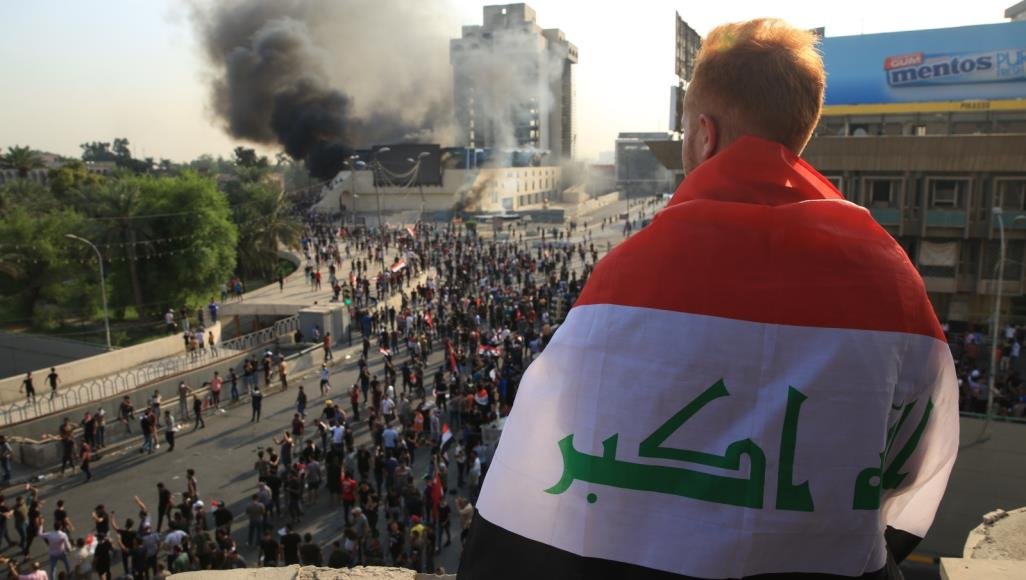
Shafaq News/ The Iraqi government under former Prime Minister Mustafa al-Kadhimi failed to deliver on promises of legal accountability for state security personnel and state-backed armed groups responsible for killing, maiming, and disappearing hundreds of demonstrators and activists since 2019, Human Rights Watch said in a report released today.
The 40-page report, “To Sleep the Law: Violence Against Protesters and Unaccountable Perpetrators in Iraq,” details specific cases of killing, injury, and disappearance of protesters during and after the 2019-2020 popular uprising in central and southern Iraq. Al-Kadhimi took power in May 2020 promising justice for the murders and disappearances, but when he left office in October 2022, his government had made no concrete progress on holding those responsible to account.
“After two and a half years with al-Khadimi in power, his promises of justice for vicious violence against peaceful protesters turned out to be empty, and killers are walking free,” said Adam Coogle, deputy Middle East director at Human Rights Watch. “Protesters sacrificed so much to improve conditions in the country, even giving their lives, but their government couldn’t even provide them the bare minimum of justice in return.”
Nearly 500 demonstrators were killed in just the first few weeks of the uprising by Iraqi security forces and state-backed armed groups, according to the United Nations. Violence against protesters persisted even after protests ended, through a targeted assassination campaign against prominent activists, most of whom were perceived as influential voices in the protest movement.
Six months after taking office, former Prime Minister al-Kadhimi established a Fact-Finding Committee to investigate the violence carried out by state security personnel and armed groups against protesters and activists. But the committee has yet to release any substantial information about its findings, not even disclosing the cases it examined, much less the results of investigations it carried out.
Human Rights Watch examined the cases of 11 Iraqis subjected to violence because of political protest and activism. Five of them were killed, including two women. Another five were injured, and one was kidnapped and disappeared.
The victims and the families of those killed or disappeared filed legal cases with police and judicial authorities, but after initial interest from the authorities, such as police collecting details of these cases, the legal complaints went nowhere. There was virtually no follow up from the authorities about the status of their investigations or attempts to identify and hold those responsible to account.
As some interviewees insisted, their cases were simply “put to sleep.”
Emjad al-Dehemat, 56, was a prominent activist in Amara, the capital of Maysan province in southeast Iraq. On November 6, 2019, weeks into the protests, al-Dehemat was assassinated after leaving a meeting with a senior police commander in Amara’s main police station, said other activists who also attended the meeting. The killing occurred only a few hundred meters from police headquarters.
His brother Ali al-Dehemat, 52, filed a legal case with the authorities with little result. No arrests have been made in the case. Fighting for justice for his brother, Ali received death threats and was forced to flee Amara, moving from city to city for fear that he, too, would be killed.
Despite the lack of progress in investigations and legal accountability, the Iraqi government has financially compensated most of the families of those killed. According to the UN, most of the families of protesters killed have received financial compensation from Iraq’s Martyrs Foundation, a state entity.
The government also promised to compensate the thousands of protesters maimed or injured during the protests. But only a small number of victims have received compensation for their injuries, and they have only done so after long waits – in some cases up to two-and-a-half years – and at great financial cost. Many have hired lawyers to help with their claims, and some said they had to pay bribes to officials to resolve their claims.
The new Iraqi government of Prime Minister Mohammed Shia al-Sudani should release information about the Fact-Finding Committee’s investigations into the killings, injuries, and disappearances of demonstrators during and after the uprising. The government should also urge judicial authorities to release information about the status of ongoing investigations and cases.
Al-Sudani’s government should also redouble efforts to compensate victims of the violence, including by establishing a clear and concise compensation policy for those injured, and laying out straightforward steps that minimize bureaucratic hurdles to receiving compensation.
“The 2019-2020 uprising brought down a government and instigated early elections, and the protesters demanded accountability for perpetrators of the violence they suffered,” Coogle said. “The new prime minister can and should work to deliver the justice his predecessor did not.”
Source: Human Rights Watch
